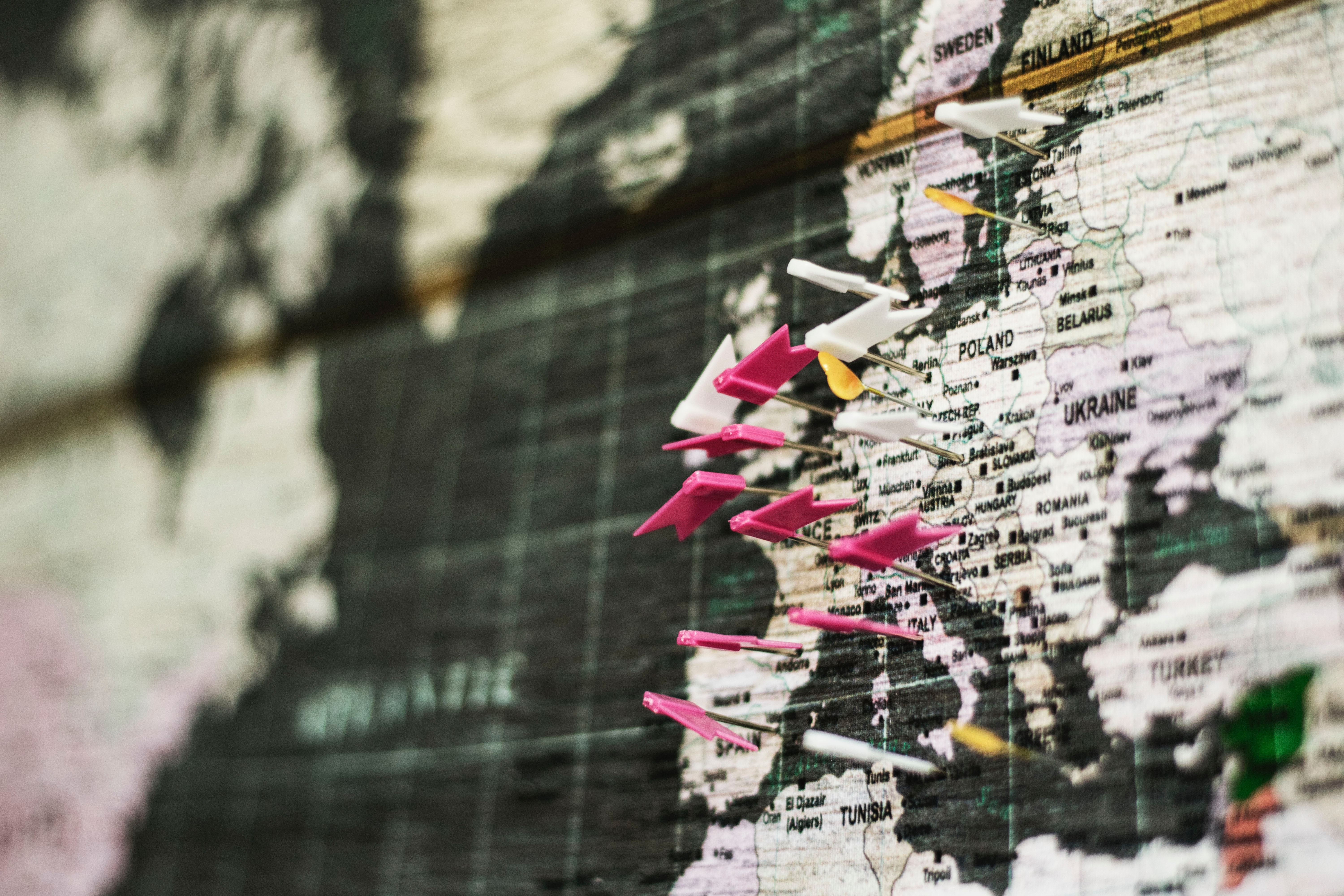Where Are You From?

According to Welsh culture, the word “hiraeth” is defined as a deep longing for something, especially one’s home. Oftentimes when people are asked where they come from they picture a place that feels like home to them; a place that is a representation of their identity. “Where are you from?” is one of the most important questions that you could be asked because the response to that question lets people understand a part of your identity. That simple location is what allows other people to form a better understanding of who you are as a person and maybe even why it is that you carry the particular views that you do. Just responding “I’m from…” automatically links you to a community of people that you know are just like you or that have potentially gone through similar experiences as yourself.
Being well traveled is often romanticized and people can be pushed to experience living in many different countries for educational purposes. Through traveling and living in many different places, one is able to learn about the different cultures, music, food and the lives that the locals of a particular area live. However, what is rarely talked about is the fact that people that have constantly moved and lived in many different countries often find themselves feeling as though they do not belong to any specific culture. Most people carry the sentiments of feeling as though they never truly belong to a particular place.
“When I get asked “Where are you from?”, I must admit I feel quite uncomfortable," said AUP sophomore Liam Brandt. Brandt has citizenship in Germany but has spent parts of his life in the United States and South Africa. "I feel like I do not have the right to call myself American or South African as I merely have German citizenship. But just because my parents are German, does not mean I identify myself as part of the culture or country. Although the German in me is strong, I always hesitantly mention my American and South African upbringing. I always feel like I need to expose my whole life story, which is just awkward when you meet a stranger, simply to make a point that I am not completely German.”
During the first few weeks of each semester, students find themselves having to make introductions many times throughout the day. While it is easy for most to get through these introductions, some people tend to find themselves stuck when they are simply asked “Where are you from?” This is something that a lot of people often struggle with, especially if the place where they were born, their ethnic background and the country that they live in are completely different answers. Moving to different countries and always finding yourself having to readjust to a totally new environment could actually play a big factor in this confusion.
“Explaining where I'm from doesn't hold a lot of weight for me personally, I try not to let my nationality consume my identity,” said Kalia Lyman, an AUP freshman.
“It makes me feel sort of strange because a lot of times if you mention Lebanon people think “oh where the explosion happened?”, which is sort of…not alienating because there are other countries where worse things have happened. It feels like a freak show, sort of being part of a freak show and the fact is that people have these preconceived notions about Lebanon as an Arab country. That totally is not what it is, or at least not the part that I am from. It makes me feel like people have preconceived notions of the place that they do not want to let go of, which is a bit frustrating," said Lea Abi Saad, an AUP sophomore. Saad added that she also has an Armenian passport since her mother is Armenian but she rarely mentions that in her introductions as she doesn't follow any Armenian customs.
Through introductions and interactions with one another, the culturally diverse nature of the AUP community is revealed. Students as well as professors come from completely different countries and often times have had the privilege to live in different parts of the world.
In a TEDTalk titled "Don't ask where I'm from, ask where I'm a local", author Taiye Selasi reflects on her diverse upbringing and how she was often referred to as "multinational". She poses a question that many members of AUP could relate to: “How could I come from a nation? How could a human being come from a concept?” In response, she argues that historical events as well as cultures are real but the entire concept behind countries is not. She suggests that her “experiences are where she is from,” something many modern nomad’s will be able to resonate with. Her solution to this tricky question of origin is to suggest that rather than asking where she's from, people should ask "where she's local".
Whilst we struggle to answer the question “Where are you from?” because it is more complex than most think, it is the individual experiences that we have had in different parts of the world that should be the main focus. Instead of placing so much importance on asking the question "where are you from?", we should focus on asking where it is that person is living as that may give us more insight into the kind of person and how that has made an impact on who they are as a person over anything else.





